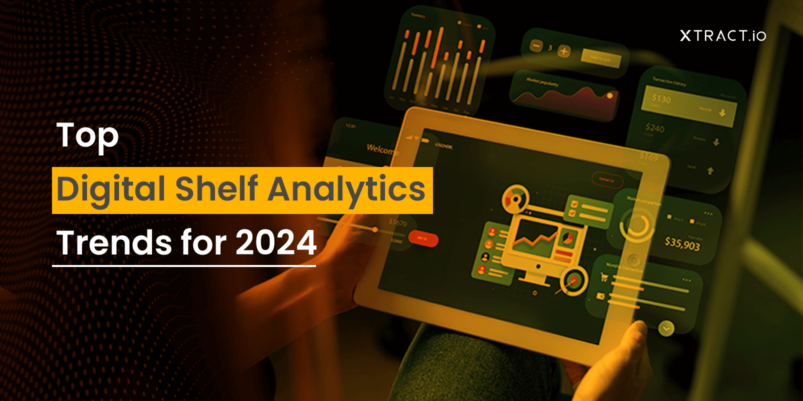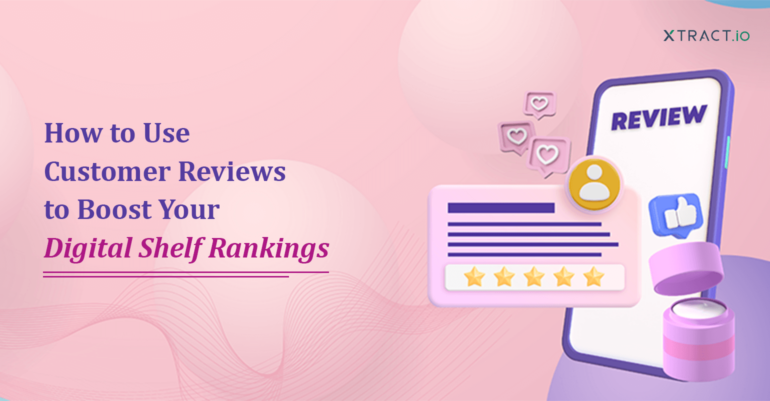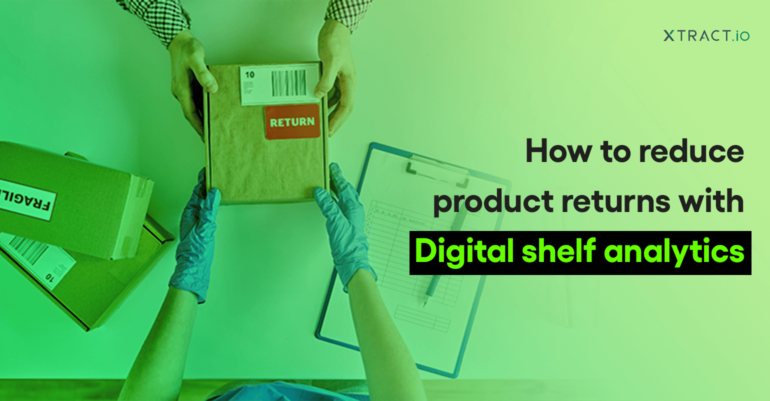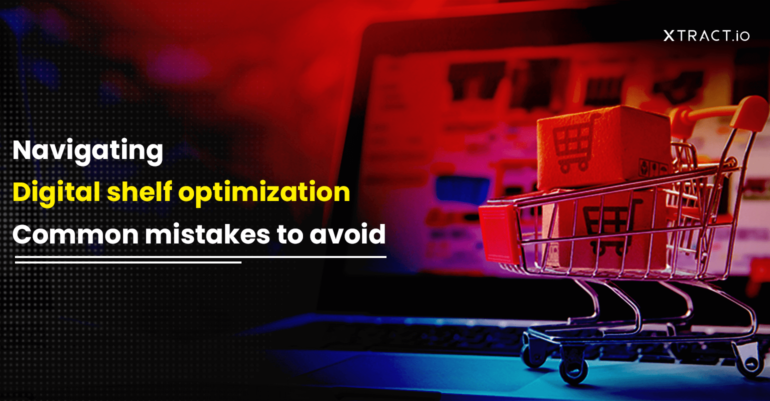Digital shelf analytics has become imperative for brands and retailers striving to stay ahead of the curve. Digital shelf analytics providers constantly evolve, compelled by technological progress, shifting consumer habits, and industry benchmarks. As we look ahead to 2024, it becomes clear that several key trends will significantly shape the landscape of digital shelf analytics. This post will dive into the latest trends and examine how they could potentially impact ecommerce businesses.
1. The use of AI and ML
Source: Atomcamp
Integrating Machine Learning (ML) and Artificial Intelligence (AI) is quickly cementing itself as one of the essential building blocks of digital shelf analytics. This year, the trend is not merely about using AI and ML but harnessing their combined power for more accurate predictions and deeper insights. Ecommerce brands and retailers have tapped into the power of cutting-edge algorithms to carefully analyze historical data, customer behavior, and emerging market trends. This fusion of AI and ML is a pivotal shift towards precision in decision-making.
Brands and retailers increasingly adopt AI-powered solutions to optimize product placement, enhance personalization, and forecast demand with unprecedented accuracy. Utilizing these technologies gives a distinct advantage to ecommerce businesses where data-driven decision-making reigns supreme.
2. The demand for closed-loop analytics
In 2024, the demand for closed-loop analytics is gaining prominence. Unlike traditional analytics, closed-loop analytics involve a continuous feedback loop, integrating insights directly into the decision-making process. Brands and retailers recognize the importance of this closed-loop approach in driving real-time adjustments and optimizations, ensuring that strategies align seamlessly with shifting market dynamics.
Closed-loop analytics empower brands to adapt swiftly to changing consumer behaviors, optimize product listings, and refine marketing strategies based on immediate feedback. It’s about creating a dynamic ecosystem where digital shelf analytics software directly contributes to improving digital shelf strategies.
3. Accurate real-time data and actionable insights
The thirst for real-time data is insatiable in the fast-paced world of ecommerce. The emphasis is not just on real-time data but on accurate real-time data that translates into actionable insights. Ecommerce businesses are investing in advanced technologies that provide instant, precise information, enabling them to make timely decisions that directly impact their online presence.
Integrating technologies like edge computing and advanced digital shelf analytics software ensures that brands receive up-to-the-minute data on product performance, customer engagement, and market trends. This shift towards real-time accuracy has become necessary for brands looking to seize opportunities and mitigate risks in the highly competitive digital marketplace.
4. Sustainability and ethical analytics
With an increasing awareness among consumers about their impact on the environment, there is a growing emphasis for brands and retailers to prioritize sustainability in their digital shelf strategies. In 2024, ethical analytics is emerging as a critical trend, with brands incorporating environmental and social considerations into their data-driven decision-making processes.
Sustainable digital shelf analytics software involves minimizing the ecological footprint of operations, optimizing supply chain efficiency, and supporting ethical sourcing practices. Brands that embrace sustainability in their digital shelf align with evolving consumer values and position themselves as responsible steps toward the ecommerce ecosystem.
Summary
The digital shelf landscape is evolving rapidly, driven by the integration of AI and ML, the demand for closed-loop analytics, the need for accurate real-time data, and a commitment to sustainability and ethical analytics. For ecommerce businesses, the importance lies in following these trends and leveraging these advancements to improve their technological infrastructure, enhance decision-making processes, and ultimately elevate the customer experience.
How will your brand embrace these trends? Experience the next frontier of digital shelf analytics with DigiSense360 – your gateway to precision, insights, and growth. Get a free demo!







